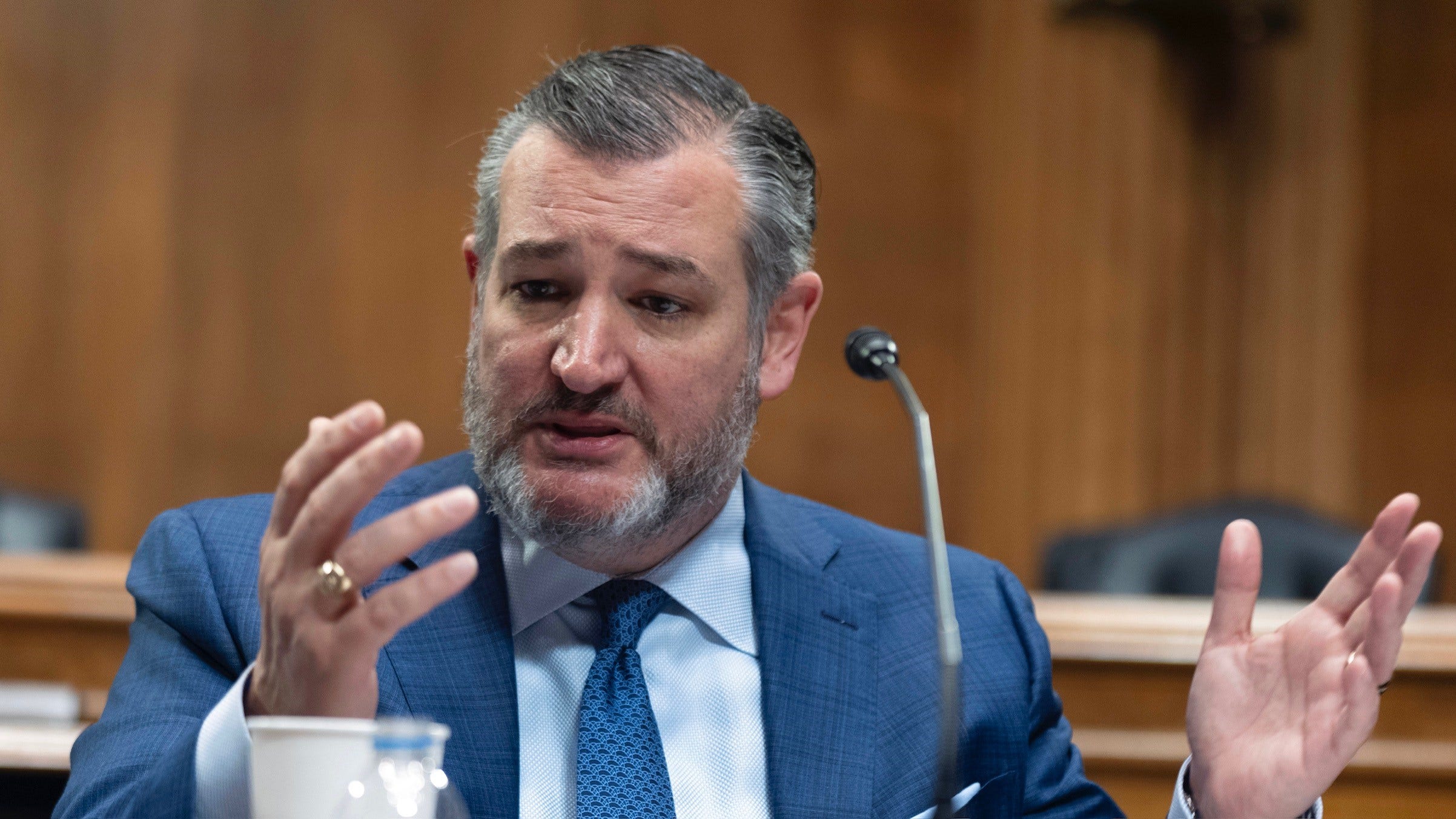Barring a major infusion of federal aid in rural areas, CenturyLink tells regulators that improved service is out of reach in remote Montana communities.
Testifying before the Montana Public Service Commission this week, CenturyLink said the best chance for improving service in rural areas surrounding Wibaux, Lewistown and Glacier National Park was rural broadband funding from the federal Inflation Reduction Act.
The Biden Administration has set aside roughly $629 million for rural broadband in Montana. A state broadband commission is deciding now how the money will be spent.
CenturyLink is the only regulated telecommunications provider in Montana, a result of being a descendant of Qwest, once a regulated monopoly phone service provider in a dozen states, including Montana.
The copper infrastructure CenturyLink relies on in its rural areas is decades old, dating back to the beige wall-phone days of Rocky Mountain Bell. There aren’t enough customers in these rural service areas to pay for the necessary upgrades according to CenturyLink’s Alan Lubeck, who said the parts for the antiquated system are hard to find.
People are also reading…
“There’s no repair, no replacement parts being made anymore. So, we repair the parts,” Lubeck said. “We get them off of eBay or wherever we can find them.”
Four PSC commissioners participated in the investigative hearing. Republican Commissioner Randy Pinocci, who represents several of the affected rural areas didn’t participate.
$1,500 gift cards
CenturyLink is asking the PSC to waive Montana’s “out of service rule,” requiring telecommunication monopolies to repair 90% of service issues within 24 hours. The company suggests offering a $1,500 gift card to customers in poor service areas if they’ll switch to a different provider.
Problem is, there isn’t a reliable alternative in some remote areas, according to the Montana Consumer Counsel, who said that satellite broadband services that offer calling service, also, can’t provide things like telecommunications devices for the deaf.
The PSC investigation into CenturyLink service stems from multiple complaints from rural customers. The concerns expressed by customers range from being without 911 service, or placing calls that don’t result in a ring on the other end. Lubeck testified that “trouble tickets” generated by customer complaints about service were declining.
However, customer complaints to the PSC suggest that CenturyLink problems persist and that the complaints don’t always result in trouble tickets and even when CenturyLink did repairs the response could take a month or more.
“There have been times our phone has rung continuously randomly in the middle of the night, and at times resulting in, on occasion, having 911 calling us, thinking we had made a call to them, which in no way we had made. This is especially disturbing when you are awoken in the middle of the night by a phone call, nevertheless an emergency call,” Jack and Valerie Lewis of Lewistown told the PSC in 2022.
The Lewises wanted the landline for emergencies because cellular service in the area wasn’t reliable.
“Two years ago, Century Link left a phone cable lying on the side of the road for a mile most of the summer. My road crew had to work around this. My calls to address this issue were ignored,” wrote Choteau County Commissioner Clay Riehl. “Trying to report a phone outage is a disaster. My phone has been out for the past five days as I write this.”
Many of the complaints were made by CenturyLink customers in Wibaux County. Adele Stenson told commissioners that her family had attempted to switch to Mid Rivers for phone service but were told the rural phone company wasn’t allowed to enter CenturyLink territory.
“We had the displeasure of having CenturyLink phone service for almost 10 years. After multiple outages each year, the final straw was when we were without service for over 2 months,” Stenson said. “We live 15 miles from Wibaux on the same ranch as my elderly parents. At one point we were trying to make multiple doctor appointments for my dad and had to drive to where I had cell service to make any calls.
“It is unacceptable to be without service so often. We are literally at the end of our stretch of phoneline and they just don’t want to invest in our rural line, despite the fact that it could literally be life or death when there is an emergency.”
One Fergus County customer submitted photos of low-slung CenturyLink lines barely allowing enough vehicle clearance for residential driveways. In one photo, the line was propped up by a stick.
The customer complaints weren’t part of the official record for the PSC investigation. Complaints weren’t discussed during this week’s hearing.
A PSC decision in the matter will come later in the process.
VHF emergency radios
CenturyLink’s offer to pay customers who switched to satellite service for a couple years, raised questions for commissioners who realized there was no permanent fix at the end of CenturyLink’s short-term offer, particularly for 911 service.
“I know that in the maritime community, VHF radios are used by almost every seagoing vessel and their 911 is channel 16. Get on Channel 16 with an emergency that Coast Guard picks it up,” said PSC member Jennifer Fielder. “Is anything like that been looked at for some of these areas to your knowledge?”
Lubeck said he didn’t think emergency maritime radios had been considered, but, “that could be a great possibility. I’m not sure how each person would get the equipment they would need.”
Commissioner Tony O’Donnell wanted to know why CenturyLink’s resources in more profitable service areas like Billings weren’t being brought to bear in poorly served rural areas.
“The information that we’ve received from several affected people, including the commissioners, from Wibaux, point out that people have gone without service for three weeks at a time. Appointments have been made, and then not fulfilled when somebody was finally able to get through,” O’Donnell said. “Just seemed like despite the legal obligation to serve. . . .just the basic fundamental relationship of CenturyLink to its customers and the obligation to serve, that the company has just not been responsive. And it seems to me it’s been intentional, and that the deployment of personnel is based upon profitability, not in terms of legal responsibility. That just that doesn’t strike me as being very responsible.”
O’Donnell’s characterization at the investigative hearing prompted Commissioner Ann Bukacek to apologize to CenturyLink. Commissioners had skirted around the edges of public comments about CenturyLink service, but the comments weren’t evidentiary, which is typical.
The original complaint about CenturyLink was filed by Wibaux County commissioners, but later dismissed because the county wasn’t an affected customer and therefor didn’t have standing.
Barring a major infusion of federal aid in rural areas, CentryLink tells regulators that improved service is out of reach in remote Montana communities.





















/cdn.vox-cdn.com/uploads/chorus_asset/file/25746612/Screenshot_2024_11_21_at_9.15.48_AM.png)
















/cdn.vox-cdn.com/uploads/chorus_asset/file/25739950/247386_Elon_Musk_Open_AI_CVirginia.jpg)